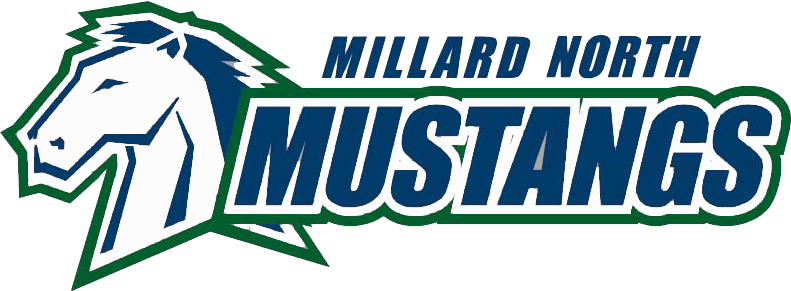New technologies and digital tools make creating false stories, videos, and audio recordings easier and more realistic than ever. Here are some recommendations that will help you find and use authentic sources.
USE BIAS-FREE INFORMATION
When you are writing a research paper, your task is to present a factual document that comes as close as possible to examining facts and data in a straightforward and unbiased manner.
So,
What is Bias?
Bias, prejudice means a strong inclination of the mind or a preconceived opinion about something or someone. A bias may be favorable or unfavorable: bias in favor of or against an idea.
So,
What is Confirmational Bias?
When you search for, interpret, or select only information that confirms your own personal beliefs. To avoid this, ask yourself these questions:
● What do I think I know about this topic?
● What do I believe about this topic?
● Do my search terms show bias?
● Is it possible my beliefs could be wrong?
What is Author Bias?
Author bias is when an author creates, falsifies, or dishonestly cites evidence to convince you to believe something. To avoid this, ask yourself these questions (particularly in regard to websites):
● What is the author’s purpose?
● Who might benefit from this message?
● What is being left out?
● Can this message be confirmed on other reputable sites?
FACT CHECK
Sites that check for factual information on the web include:
READ LATERALLY - EVALUATE INFORMATION LIKE A PRO
Don't spend time on one website until you check out other websites.
How?
Open multiple tabs and read to piece together information.
- Check to see what authorative sources have to say about the site or author of the site
- Verify information by scanning and reading sites
- Verify and evaluate the pages that the site links to
Fact check using the MNHS Databases
Adapted from: KCurrieSmith
Evaluate Sources Based on the Following Criteria:
Timeliness, Relevance, Authority, Accuracy, and Purpose/Point of View
- Timeliness
- When was the information published or posted?
- Has the information been revised or updated? When? Recently?
- Is it current enough for your topic?
- Relevance
- Does the information relate to your topic?
- Does the information meet the stated requirements of the assignment?
- Is the information at an appropriate level (i.e. not too elementary or advanced for your needs)?
- Who is the intended audience?
- What kind of information is included in the resource?
- Is better information available elsewhere?
Accuracy
- Is the information accurate?
- Are there spelling, grammar or other typographical errors?
- Where does the information come from?
- Does the creator provide references or sources for data or quotations?
- Authority
- Who is the creator or author?
- What are the credentials or qualifications to write on the topic?
- Who is the publisher or sponsor? Are they reputable?
- Is there contact information, such as publisher or email address?
- Does the URL reveal anything about the author or source? (examples: .com, .edu, .org, .net, .gov)
- Purpose/Point of View
- What is the purpose of the information? To inform? Teach? Sell? Entertain? Persuade?
- Is the information fact? Opinion? Propaganda?
- Does the point of view appear objective and impartial?
- Are there political, ideological, cultural, religious, institutional or personal biases?
(Adapted from various versions in the LibGuides Community, infoLab, and California State University, Chico)
